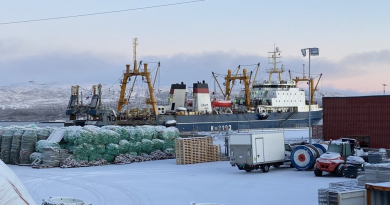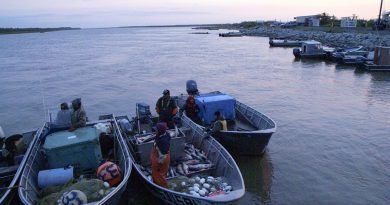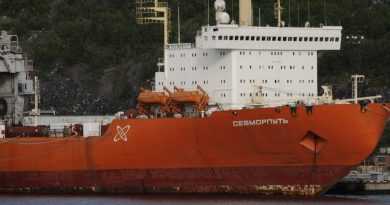Iceland’s revised COVID-19 border criteria seems to be working, some domestic restrictions relaxed
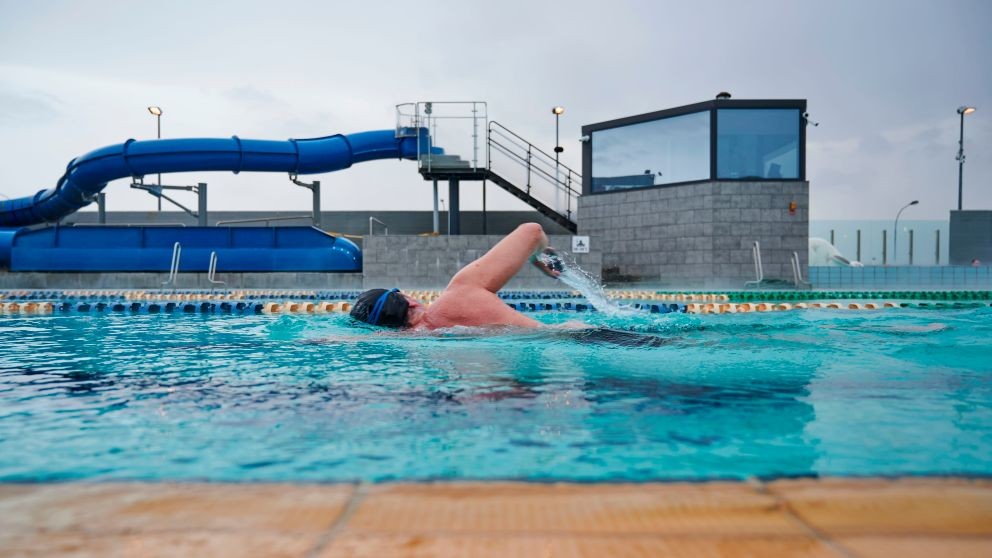
Iceland revised the criteria for “high risk areas” when it comes to COVID-19 rules at the border, the government announced last week.
At the end of April, Iceland tightened up domestic COVID-19 regulations after a spate of infection clusters linked to travel detected in March. Among other measures, Iceland went on to ban unnecessary travel from areas where the 14-day incidence rate of COVID-19 infection was more than 700 people per 100,000 inhabitants.
But last week, the government added the ratio of positive samples in a given area, in addition to the incidence rate of infection, when it came to defining high-risk regions.
“The basis for this is that the incidence rate alone does not give a satisfactory picture of the prevalence of community infections, because if the ratio of positive samples is high, this indicates that community infections are more widespread than the incidence rate shows,” the government said in a news release on Thursday.
As of May 7 the following quarantine rules are in place:
- If the incidence rate is lower than 500, travellers arriving in Iceland do not have to quarantine in a quarantine facility
- If the incidence rate is between 500-699, the traveller is expected quarantine in a quarantine facility but an exemption can be applied for. However, if the the ratio of positive samples is 5% or higher in the area travelled from, the traveller is required to quarantine in a quarantine facility as below
- If the incidence rate is 700 or higher, passengers must quarantine in a quarantine facility with no exemptions
Faroese, Greenlanders exempt
Travellers who have vaccination certificates, or a certificate of prior infection, are now only required to have on PCR test upon entering the country, but must self-isolate until their results are back.
The Faroe Islands and Greenland are considered low-risk areas. Travellers from those regions are not required to show certificates, or have testing or undergo quarantine.
In a news release on Monday, the government said the border restrictions appeared to be working, and relaxed some domestic restrictions.
“The Chief Epidemiologist’s memorandum to the Minister of Health states that various measures taken at the borders in response to group infections that were traced to travellers at the border who did not respect the rules on quarantine and/or isolation have proven effective,” the government said in a news release.
“In the last several days only a handful of cases have been diagnosed each day in people who are not under quarantine. Therefore, it may be assumed that the above mentioned group infections have been contained, however, the virus that causes COVID-19 has not been eradicated from the community.”
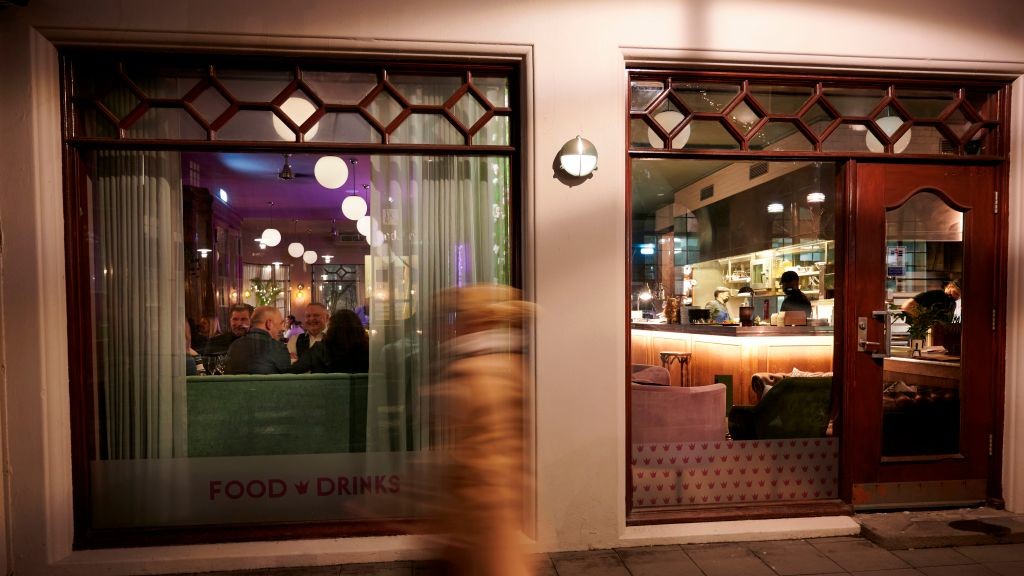
Among the measures being relaxed includes raising group limits from 20 to 50, increasing the numbers of people allowed to gather in places like gyms and swimming pools to 75 per cent of their maximum capacity, and allowing restaurants to open until 10pm.
The new domestic measures are expected to be in place for a little over two weeks.
As of Tuesday, Iceland was reporting 17.7 domestic infections per 100,000 people (down from 35.7 last week), and 2.5 cases per 100,000 people at the border (down from 2.7 last week).
Write to Eilís Quinn at eilis.quinn(at)cbc.ca
Related stories from around the North:
Canada: 1st court date for southern couple accused of sneaking into northern Canadian community for vaccines, CBC News
Finland: Mysterious coronavirus variant in Arctic Finland is rare US-Mexican strain, Yle News
Denmark/Greenland: Greenland authorities buoyed by high demand for COVID-19 vaccine, Eye on the Arctic
Iceland: Iceland extends COVID-19 restrictions by one week, Eye on the Arctic
Norway: Norway extends border closure with Finland due to pandemic, The Independent Barents Observer
Russia: Norway closes borders over fears of virus, but exempts Russian fishermen from severely infected border region, The Independent Barents Observer
Sweden: At least 16,000 in Sweden have long COVID, Radio Sweden
United States: Alaska politicians send Trudeau letter saying they’re “shocked” over Canada’s COVID-19 cruise ship ban, Eye on the Arctic

